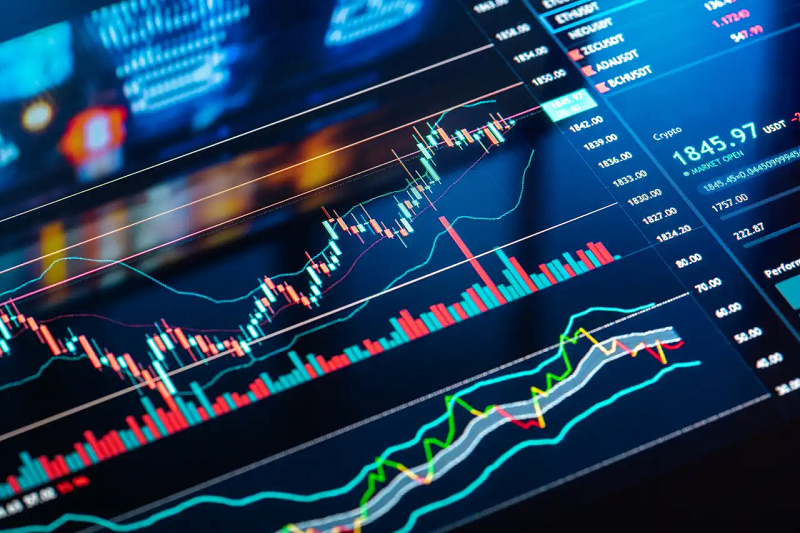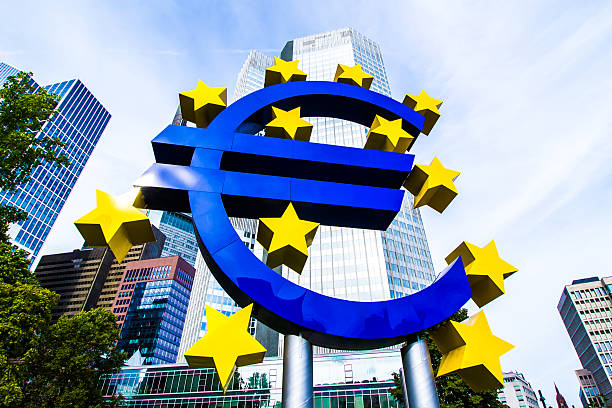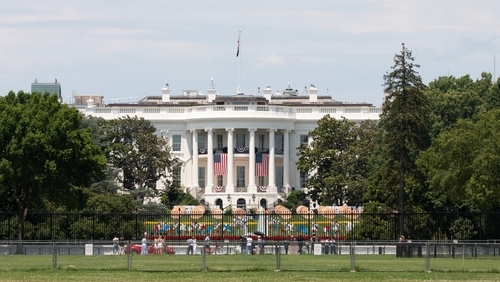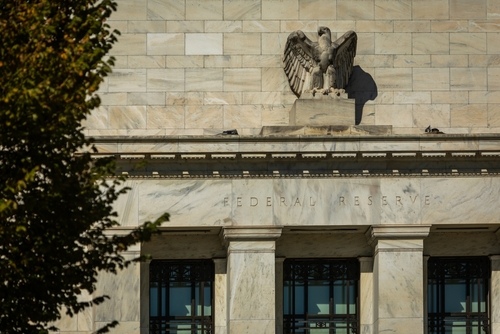A third of Japan firms likely to miss H1 forecasts, Reuters poll shows

By Kiyoshi Takenaka
TOKYO (Reuters) - More than a third of Japanese companies are likely to miss their earnings projections for the first half of the business year that commenced in April due to slow sales and increased costs, a Reuters survey showed on Thursday.
The survey, conducted by Nikkei Research from Sept. 25 to Oct. 4, found that 36% of the polled companies expected they would not meet their original six-month estimates to September, while 18% anticipated exceeding their initial predictions.
Some 45% said they were on track to hit their targets. The survey reached 506 companies, with 241 responding.
Most Japanese firms closed their books on Sept. 30 for the financial results of the first six months of their business year. Earnings announcements for April to September are expected to get into full swing toward the end of this month.
In the transportation equipment sector, primarily consisting of car-related companies, 50% estimated their half-year earnings would underperform forecasts, while 14% said they expected to exceed their own estimates.
In July, Nissan Motor cut its annual operating profit forecast by 17% and lowered its retail sales forecast by some 50,000 units to 3.65 million vehicles, citing weaker-than-expected sales in the United States and China.
Bucking the trend was the transportation sector, in which 40% of respondents saw their half-year earnings beating their own estimates, versus 35% of the firms that would likely miss their initial forecasts.
Nippon Yusen and other shippers in July raised their annual outlook after armed conflicts in the Middle East prompted shipping firms to reroute vessels away from the Red Sea and use the roundabout Cape of Good Hope route, tightening container ship supply and driving freight rates higher.
For the second half of the current business year, which started on Oct. 1, 58% of respondents anticipated meeting their initial earnings forecasts, while 34% predicted they would fall short of their original projections.
The survey also found that 70% of respondents expected the Japanese yen to trade between 140 and 150 yen per dollar by the end of the current business year on March 31, with 21% predicting a range of 130-140 yen.
On Oct. 2, while the survey was being conducted, Japanese Prime Minister Shigeru Ishiba surprised markets by saying the economy was not ready for further rate hikes, sending the yen to a six-week low of 147.25 yen to the dollar the next day.
Asked what should be done in response to excessive foreign exchange fluctuations, 45% suggested implementing monetary easing or tightening while 33% advocated for government market intervention.
"Besides a difference in interest rates among countries, weakness in the Japanese economy is causing weakness in the yen. We need policy steps that strengthen the Japanese economy," a manager at a chemical company wrote in the survey.
Regarding Nippon Steel's $14.9 billion bid for U.S. Steel, 46% of surveyed firms said the Biden administration's concern about potential national security risks had not altered their stance on U.S. investments.
The remaining 54% said they were not engaged in investments in the United States, with none stating that U.S. security concerns over the proposed deal had affected their investment strategies.
As for measures to cope with a growing number of cross-border acquisitions targeting Japanese companies, 44% were striving to boost corporate value, while 21% were not taking any specific steps and 32% did not see themselves as M&A targets, the survey found.
(Reporting by Kiyoshi Takenaka; Editing by Jacqueline Wong)








